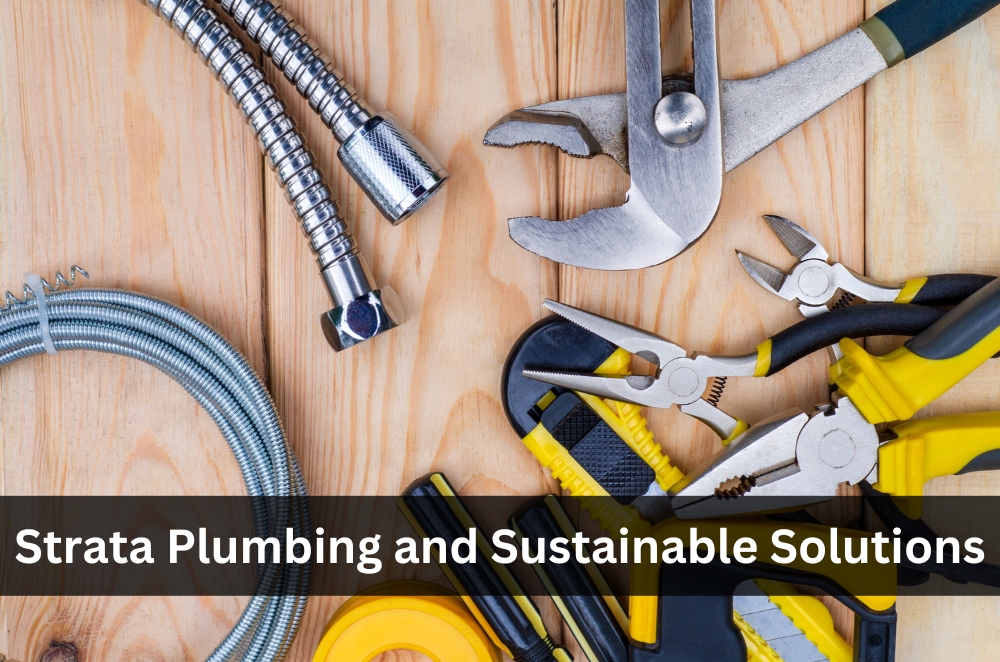Plumbing in strata blocks isn’t usually at the front of mind. Until it fails, a blocked drain in the basement, a split pipe above someone’s kitchen, or a dead hot water system can turn an ordinary day into chaos. Strata committees know the fallout—angry calls, water damage, and repair bills stacking up fast. The challenge isn’t just patching things when they snap. It’s keeping systems reliable, affordable, and kinder to the environment. That’s where trusted strata plumbing services make a difference. Having a trustworthy team on hand means emergencies are handled quickly, while steady maintenance keeps residents comfortable and the property running without constant breakdowns.
What makes plumbing in strata unique?
Plumbing across a shared complex is another level compared to a single house. Everything’s connected. One leak can spill into multiple apartments, leading to insurance claims, damage disputes, and considerable stress. It’s not a job for any old plumber. These setups require individuals who can read building plans, navigate committees, and manage multiple moving parts simultaneously.
• Shared systems serving dozens of residents
• Responsibility split between multiple owners
• Big risks if water damage spreads
The truth is, you can’t wing it. Skip the checks or delay upgrades, and the problem usually snowballs. Costs climb. Complaints roll in. And suddenly it’s crisis mode.
How can maintenance reduce costly repairs?
Maintenance is the quiet hero here. A drip behind a wall? Leave it and you’ll end up tearing out plaster and floors. Catch it early, and it’s a minor fix. Regular inspections do just that—spot the little problems before they become major headaches. Stormwater drains, hot water units, pipes: they all last longer with routine attention.
For managers, the upside is fewer surprises. Planned servicing makes budgets easier to manage. Compliance with safety rules also falls neatly into place. And if the plumbers you hire understand sustainable plumbing practices, you get a bonus: lower running costs and less waste eating into the building’s resources.
Why is sustainability important for strata plumbing?
Sustainability isn’t a buzzword in plumbing—it’s practical. Modern fixtures reduce water waste. Updated pipework stands up better under pressure. Smart monitors flag trouble before it explodes into an emergency call-out. In strata buildings, these upgrades aren’t just nice extras—they save money and stress for everyone sharing the space.
• Efficient taps and toilets reduce waste
• New piping lasts longer, with fewer leaks
• Monitoring systems give early warnings
It also sends a signal. Residents notice when their building invests in more than quick fixes. Buyers do too. With costs and climate on people’s minds, a building set up for the long haul is more attractive in the market.
Conclusion
Strata plumbing isn’t just about showing up with a wrench. It’s planning, foresight, and knowing when to act before a minor issue snowballs. Preventive work and sustainable upgrades protect both budgets and residents, and they cut down the kind of emergencies that leave everyone scrambling. The choices made now shape how smoothly things run tomorrow. For a sharper take on the future of the industry, check out strata plumbing best practices—a closer look at how this field is evolving.





Comments